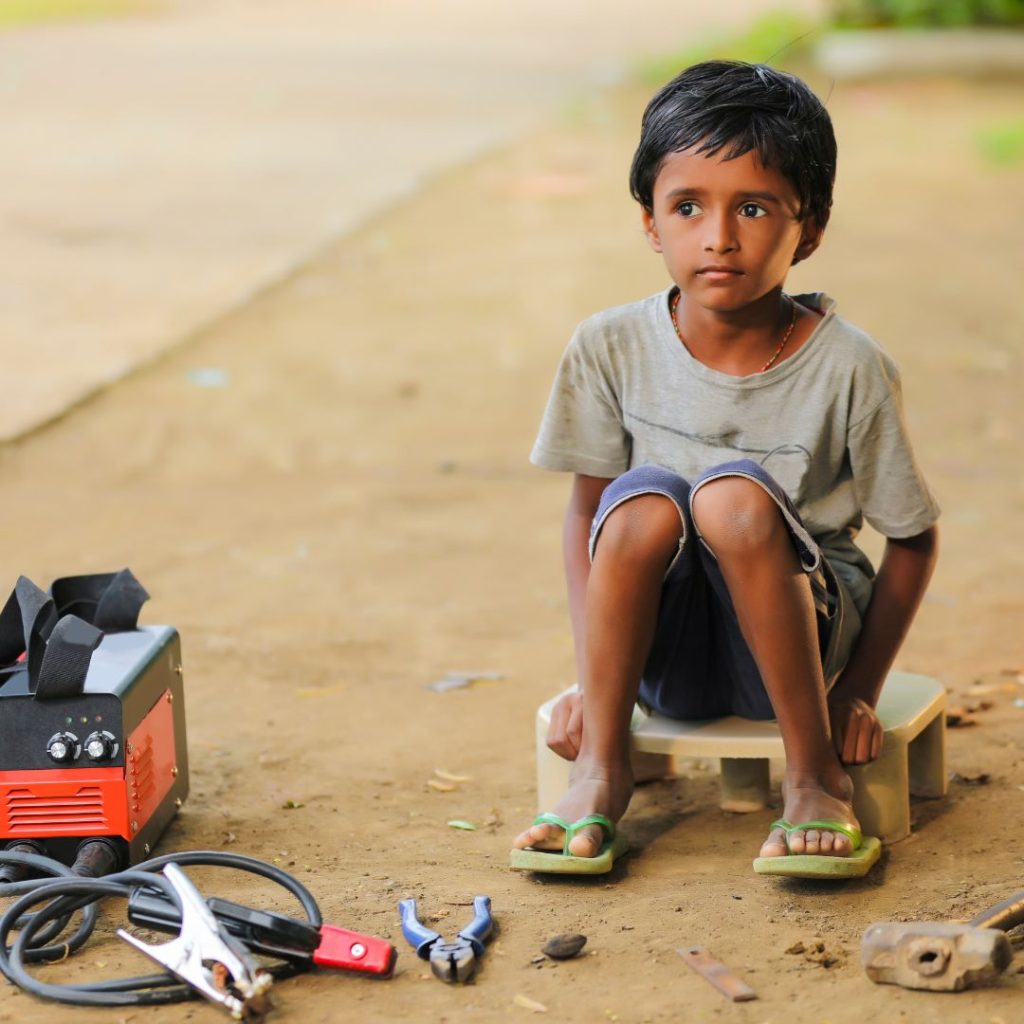Long overdue supply chain law now on its way to the EU Parliament

The European Due Diligence Directive – also known as the "European Supply Chain Act" – found a majority among the EU member states in the Committee of Permanent Representatives of the Member States last Friday after tough negotiations and many postponements of voting. Austria and Germany have not agreed to the directive despite massive weakening. This agreement means that the directive can now be put to a vote in the EU Parliament before the end of the legislative period. Once the directive has been adopted at EU level, it will then move on to national implementation.
The new Corporate Sustainability Due Diligence Directive (CSDDD) will require large companies to implement human rights and environmental due diligence along their value chain. This means that companies will be liable for child labour, exploitation and environmental pollution during production in the future. This also applies to business partners and, in some cases, to downstream activities such as sales and recycling.
The new EU supply chain law with its strengths and weaknesses
Attenuated form
However, the new draft law is less strict than before, with a significantly narrower scope. While the agreement between the EU states and the EU Parliament included that the directive should apply to companies with 500 or more employees and 150 million euros in turnover, it will now only apply to companies with 1,000 or more employees and 450 million euros in turnover. In addition, the possibility of a civil lawsuit has been reduced. Furthermore, there should be no additional rules for risk sectors such as agriculture. In addition, the final compromise text now states "risk-based due diligence" and "suppliers from countries considered safe would have to be looked at less closely," according to ORF.
Mixed reactions
While environmental and human rights organisations have reacted positively to the agreement, business representatives are concerned about Europe as a business location.
"The Supply Chain Act lays the foundation for a more climate-friendly world and the transition to a sustainable economy. It finally provides a legal framework to hold accountable companies that profit from environmental degradation, human rights abuses and child labor," said Anna Leitner, resource and supply chain expert at GLOBAL 2000.
Painful dilution
"The recent watering down to save the EU supply chain law hurts. Not only in terms of the limited effectiveness of the directive, but also because of the democratic component that resonates here: EU member states were prepared to question the democratic rules of the European Union at the call of the industry lobby," says Stefan Grasgruber-Kerl, supply chain expert at Südwind.
On the backs of working children
"It is scandalous that this haggling has taken place at all in recent weeks," says Teresa Millesi, chairwoman of the Catholic Youth Association and its Epiphany campaign. "On cocoa farms in Ghana alone, 770,000 children work in dangerous conditions. It is no reason to celebrate that the compromise already reached in December 2023 has been reopened and weakened. Political change-changers and corporate lobbyists have succeeded in softening on the backs of working children and other victims of exploitation and environmental destruction," Millesi continued.
"Today's decision on the Supply Chain Directive is irresponsible, the current design provides for regulations that are beyond any business realities," said the head of the Federation of German Industries (IV), Georg Knill.






